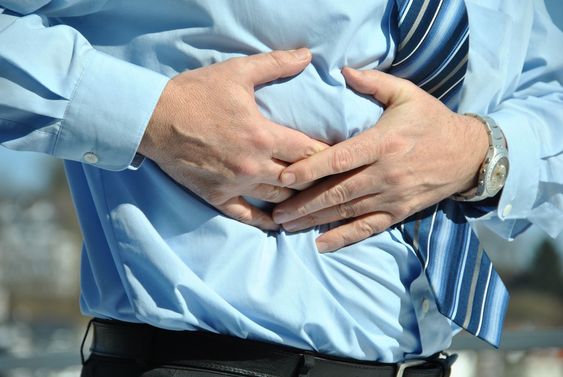Introduction
Experiencing sharp, sudden pain in your upper right abdomen can be a jarring experience. If this pain is accompanied by nausea, vomiting, or pain that radiates to your back, you may be dealing with gallstones. Gallstones are small, hardened deposits that form in your gallbladder, a small organ located under your liver. While some people with gallstones never experience symptoms, others find the discomfort significant enough to seek treatment.

If you've been diagnosed with gallstones and your doctor has recommended surgery, you're likely wondering what to expect. This blog post will guide you through the typical gallstone surgery experience, from preparation to recovery. Remember, this information is for general knowledge and shouldn't replace a conversation with your healthcare provider.
Preparing for Gallstone Surgery
Before your surgery, your medical team will provide specific instructions to prepare. This may include:
- Fasting: You'll typically be asked to refrain from eating or drinking for several hours before the procedure.
- Medications: Your doctor will advise you on whether to adjust or stop taking certain medications before surgery.
- Medical Tests: Expect pre-operative assessments like blood work, imaging scans, or an EKG to ensure you're fit for surgery.
The Procedure: Laparoscopic vs. Open Surgery
Gallstone surgery, also known as a cholecystectomy, is typically performed in one of two ways:
- Laparoscopic Cholecystectomy: This minimally invasive approach uses a laparoscope, a thin tube with a camera, inserted through small incisions in your abdomen. Your surgeon removes the gallbladder through these incisions. This method usually means less pain, quicker recovery, and minimal scarring.
- Open Cholecystectomy: In some cases, open surgery might be necessary. This involves a larger incision in your abdomen to remove the gallbladder. Open surgery may be recommended if your gallbladder is severely inflamed, scarred from previous surgeries, or there are complications during the laparoscopic procedure.
Recovery After Gallbladder Surgery
The recovery process varies depending on the type of surgery you undergo.
- Laparoscopic Cholecystectomy: Many patients go home the same day or the day after surgery. You can expect some pain and discomfort, managed with pain relievers. Normal activities can usually be resumed within a week, with more strenuous activity phased in gradually.
- Open Cholecystectomy: This procedure requires a longer hospital stay and recovery period, typically a few days in the hospital and several weeks for full recovery at home.
Life After Gallbladder Removal
Most people adjust well to life without a gallbladder. Your liver will still produce bile, which will now flow directly into your small intestine. While some individuals experience temporary digestive issues like diarrhea after surgery, these usually subside over time.
Remember, it's crucial to follow your doctor's post-surgery instructions carefully to ensure a smooth recovery. This includes taking prescribed medications, caring for your incisions, attending follow-up appointments, and gradually increasing your activity levels as advised.

.jpg)